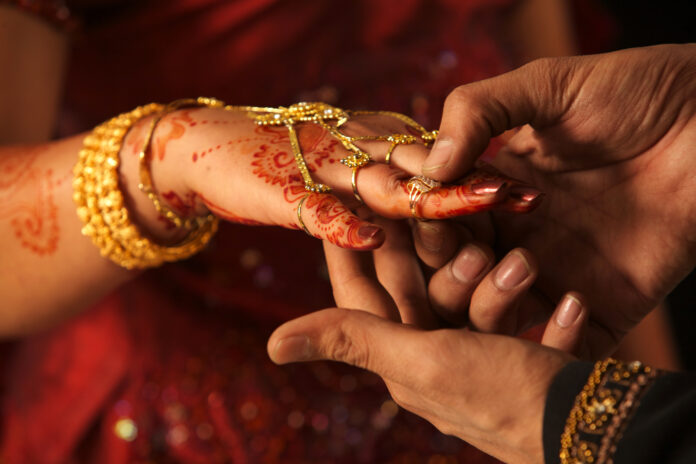The Indian state of Assam has abolished a Muslim marriage and divorce law in what’s being seen as the latest move targeting Muslims ahead of national elections.
The law in the northeastern state, which has a large Muslim population, dates back to 1935 and allows Muslims to practise polygamy and marriage after puberty.
But the move to repeal the 1935 Muslim Marriage and Divorce Registration Act by the Assam state cabinet on Friday is being justified “as part of efforts to combat underage marriages,” according to state government spokesperson Jayanta Malla Baruah.
Assam’s Chief Minister Himanta Biswa Sarma, of the country’s ruling Bharatiya Janata Party, said on X that the proposal to repeal the act was due to it not requiring formal registration of marriage and divorce.
He also said it allowed for “registration marriage of intended persons below 21 years for men and 18 years for females.”
Opposition parties, however, have criticised the decision.
“Just before the election, the government is trying to polarise the Hindu voters, depriving and discriminating Muslims in some fields, like repealing the registration and divorce act, saying that it is a pre-independence act of 1935,” said Abdur Rashid Mandal, a local head of the main opposition Indian National Congress party.
Subscribe to our newsletter and stay updated on the latest news and updates from around the Muslim world!
Aman Wadud, an Assam-based lawyer and Muslim activist, told 5Pillars that while the government claims this move will help abolish child marriages, it will create more challenges in registering marriages and infringe on religious freedom.
“The absence of Muslim registries under the 1935 act will increase unauthorised Kazis (judges). This means any adult well versed in Islamic laws will be able to perform the Nikah. More child marriages will be conducted by these unauthorised Kazis who will not be accountable to the government and will not come under the ambit of the 1935 law, derailing the Government’s resolution.”
Wadud added that this move will infringe on religious freedom as registering marriages under the Special Marriage Act requires individuals to submit to family courts, hindering their ability to make personal decisions based on their faith.
And Dr Zafarul-Islam Khan, the former chairperson of the Delhi Minorities Commission, raised concerns that the Indian state is trying to assimilate Muslims by introducing a proposed Uniform Civil Code (UCC) to target Muslim personal laws.
He said India already has close to 300 personal laws catering to different communities with specific legislation governing Hindus and Muslims still protected by the Shariat Act of 1937.
Khan added that changes to Muslim laws, such as divorce and marriage regulations, would lead to broader legislative shifts, indicating a larger strategy to implement a nationwide UCC that would primarily affect Muslims.
This strategy, he believes, is a test to measure public reaction before introducing more comprehensive laws.
“They are testing the ground, and as soon as they feel safe, they will enact a federal law for the whole country which in effect will be Muslim-specific,” Khan said, expressing his concern over this step-by-step strategy which will potentially dent India’s secular and democratic image internationally.



















